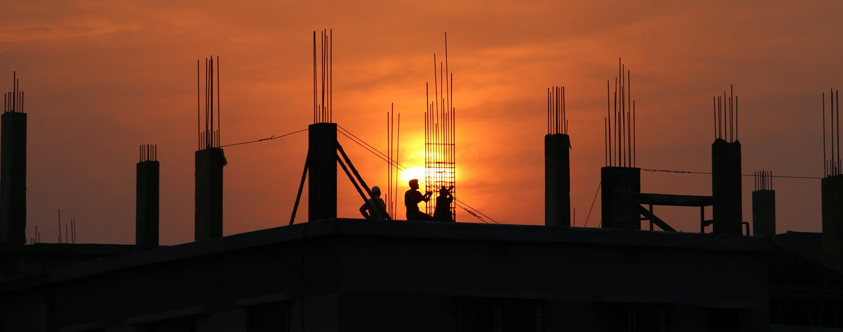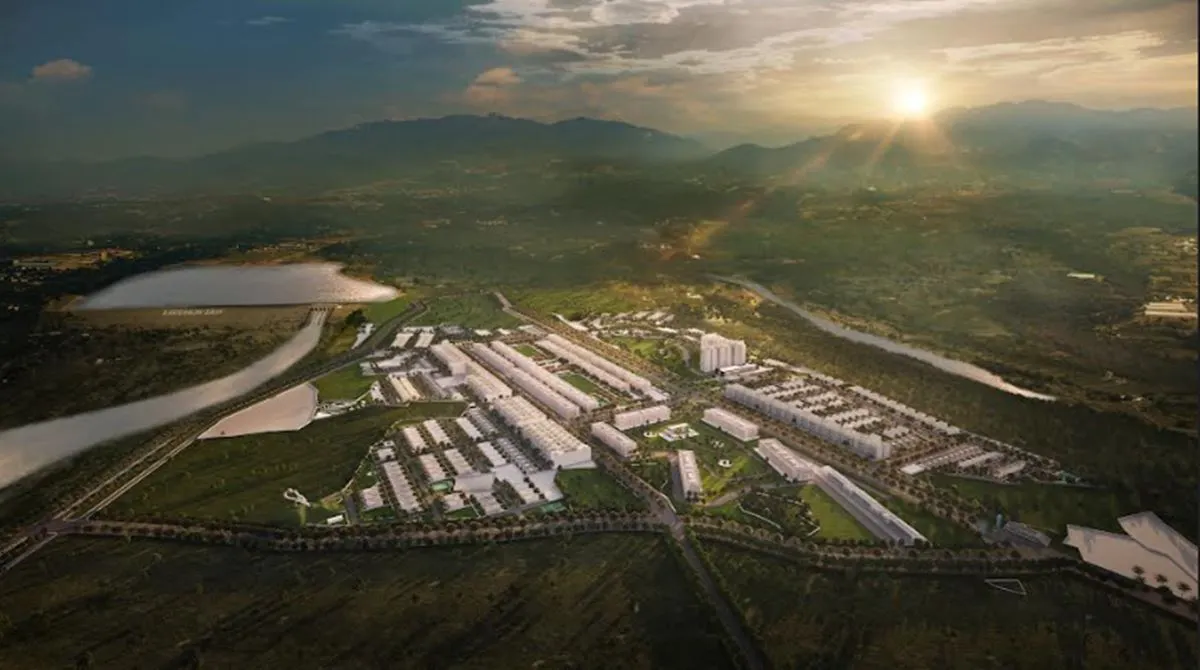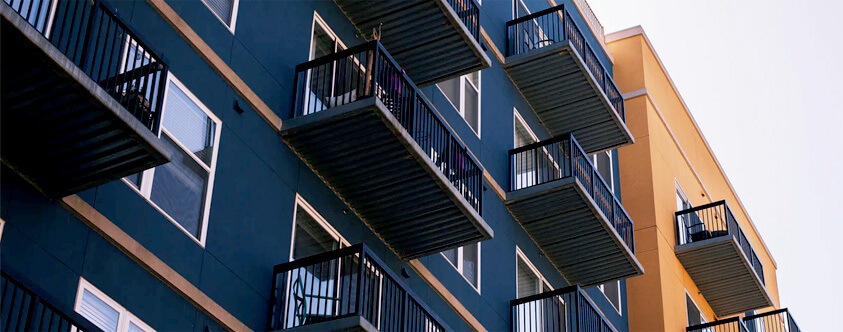“The secret of change is to focus all of your energy, not on fighting the old, but on building the new.”
-Socrates
The outbreak of COVID-19 has changed our world overnight. The severity of the pandemic and its threat to lives prompted Hon’ble Prime Minister Narendra Modi to order two phases of nationwide lockdowns. As widely acknowledged, the response was a ‘timely, courageous and robust’ strategy.
While the medical community is making rapid progress in their understanding of the virus and finding a vaccine, I expect the macroeconomic scenario to stabilise over the next 12-24 months. I see this as a turning point for India’s real estate industry. Although the trajectory is currently evolving, the situation will bring about structural changes in the industry. Here is my view of how India’s real estate sector will change in the post-COVID-19 world:
Supply-side constraints will compel Indian realty developers to look for alternatives:
In the pre-COVID-19 world, India’s real estate developers were largely dependent on China for the supply of construction material. This included iron and steel products, technical and engineering equipment, fibre and plastic materials. Manufacturing activities in China were brought to a standstill as the entire country was locked down due to the Corona crisis. Even though the economy is gradually opening now, challenges remain.
The slowdown of production activities in China will lead to downward pressure on global metal prices. India is the world’s second-largest producer of steel, after China. The opportunity can be used by Indian manufacturers to ramp up their steel production capacity. This movement, in turn, will enable Indian realty developers to increase their reliance on domestic manufacturers for their requirements.
Indian real estate sector will take the digital leap:
Before COVID-19, there was a push for greater adoption of technology in India’s real estate sector. Entities across the realty value chain aimed to harness emerging technologies such as machine learning (ML) and artificial intelligence (AI) to deliver a customised and superior customer experience. For example, these technologies helped in identifying property trends and pricing algorithms. Also, they enabled better information access, smoother transactions and higher servicing levels. The advantages propelled builders towards digitalisation – albeit at a slow pace.
The current disruption should accelerate the momentum of digital adaption in the sector. For instance, physical distancing will continue as a way of life in the post-COVID-19 world. In response, the realty sales process can offer a digital-first experience to prospective buyers. Technologies such as augmented and virtual reality can be used to provide a virtual showcase to potential customers. Further, real estate developers should integrate technologies into their projects to suit the new world order. Examples include on-demand delivery and concierge services, virtual communities, contactless access for residents, guests and maintenance staff. Realty developers who imbibe these trends will have the edge over their counterparts. They will win customer trust and loyalties.
The industry will witness further consolidation:
Over the last few years, the Indian real estate sector has witnessed significant consolidation due to the slew of regulatory changes. These include regulations such as the Real Estate Regulation and Development Act (RERA), Goods and Services Taxes (GST) and demonetisation. The current situation will accelerate this momentum further.
COVID-19 has disordered the overall balance sheet of the real estate industry. Further, the lockdown has led to supply shock to the economy. Although the government and the Reserve Bank of India (RBI) have announced fiscal measures to rescue the sector, these events are likely to increase the cases of non-performing assets in the industry – especially among the small, unorganised players. The terms and asset of pre-COVID-19 collaborations will be revalued in the backdrop of the revised economic outlook. In such a scenario, organised players will have a distinct vantage to recovery.






